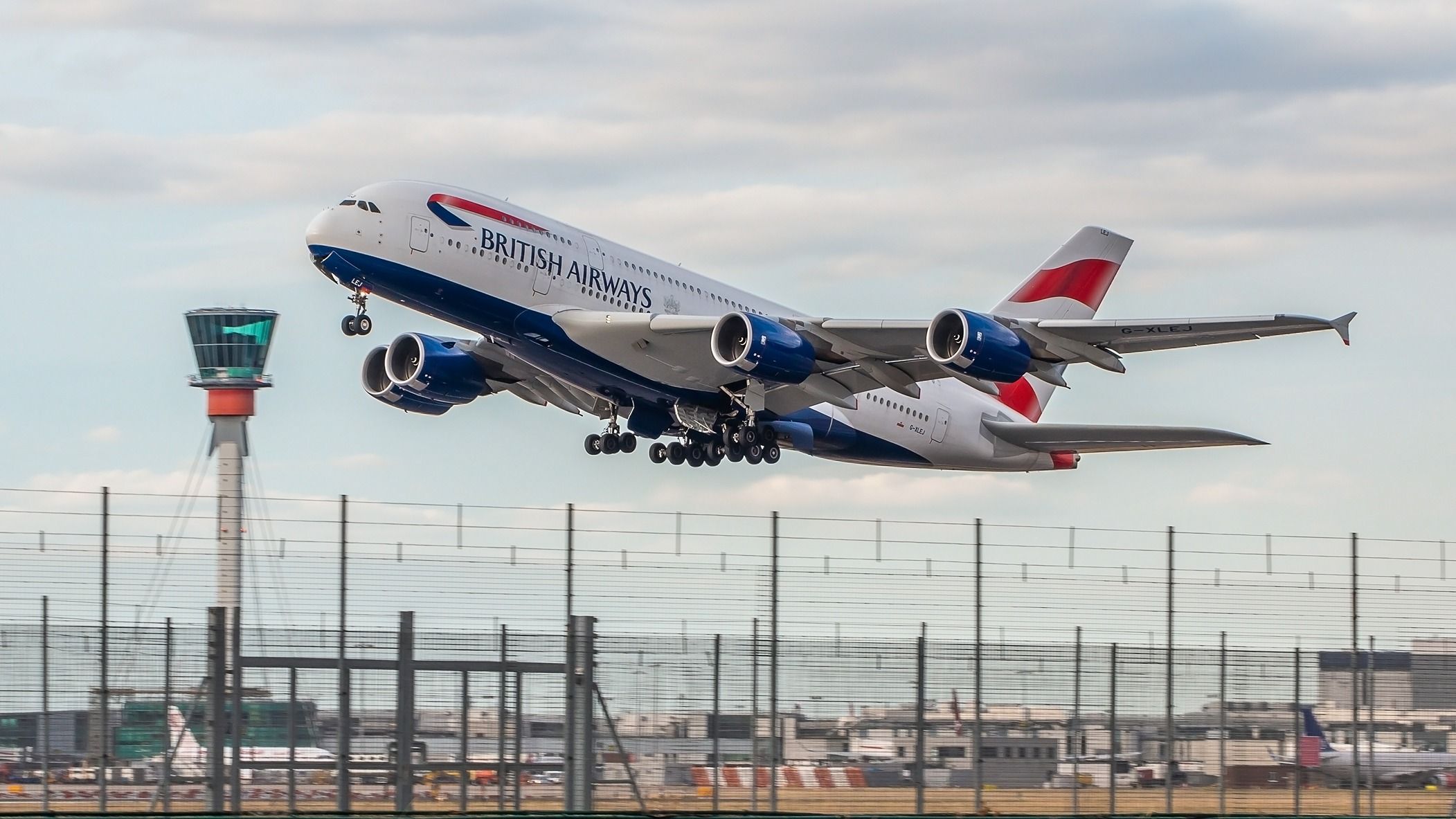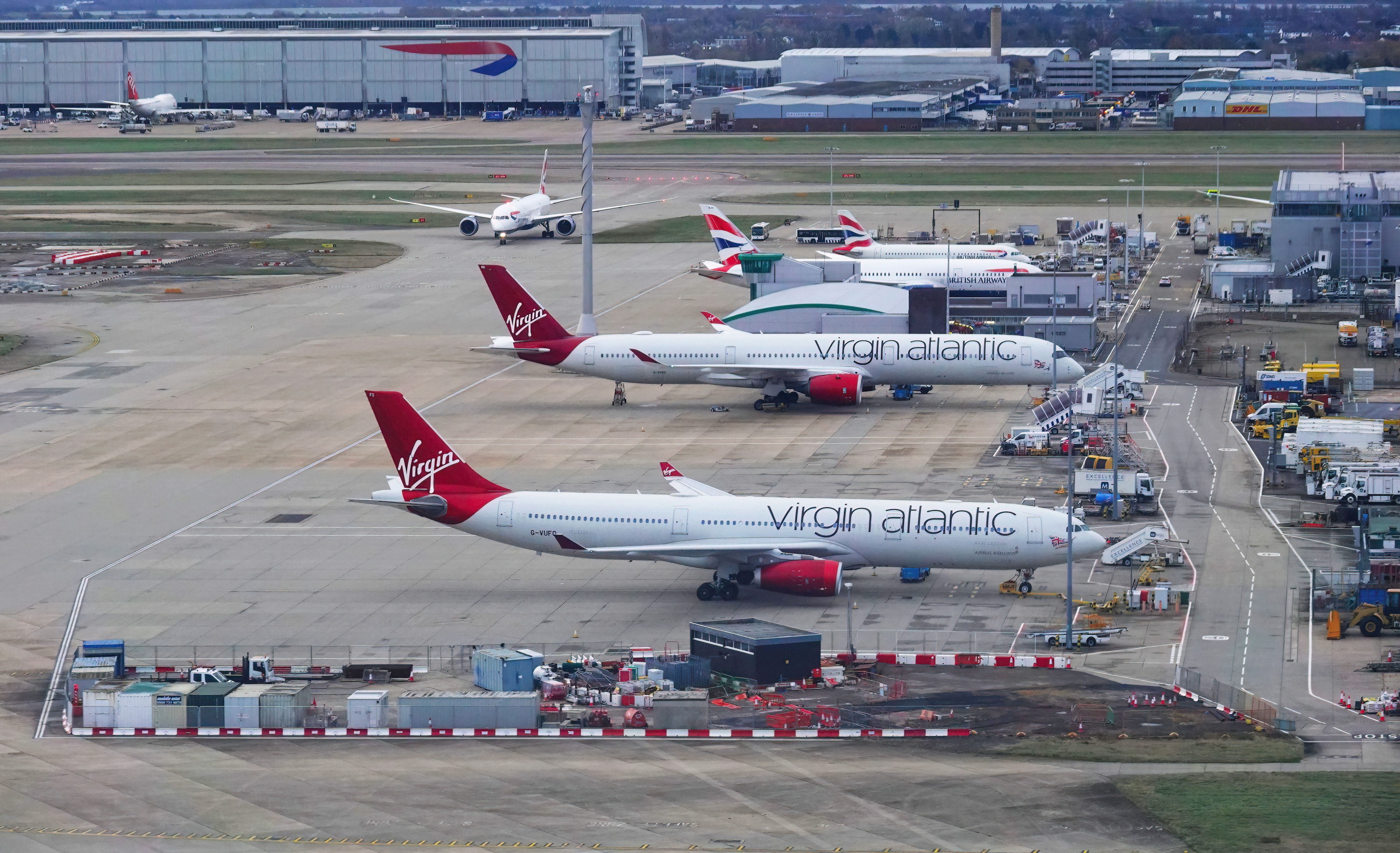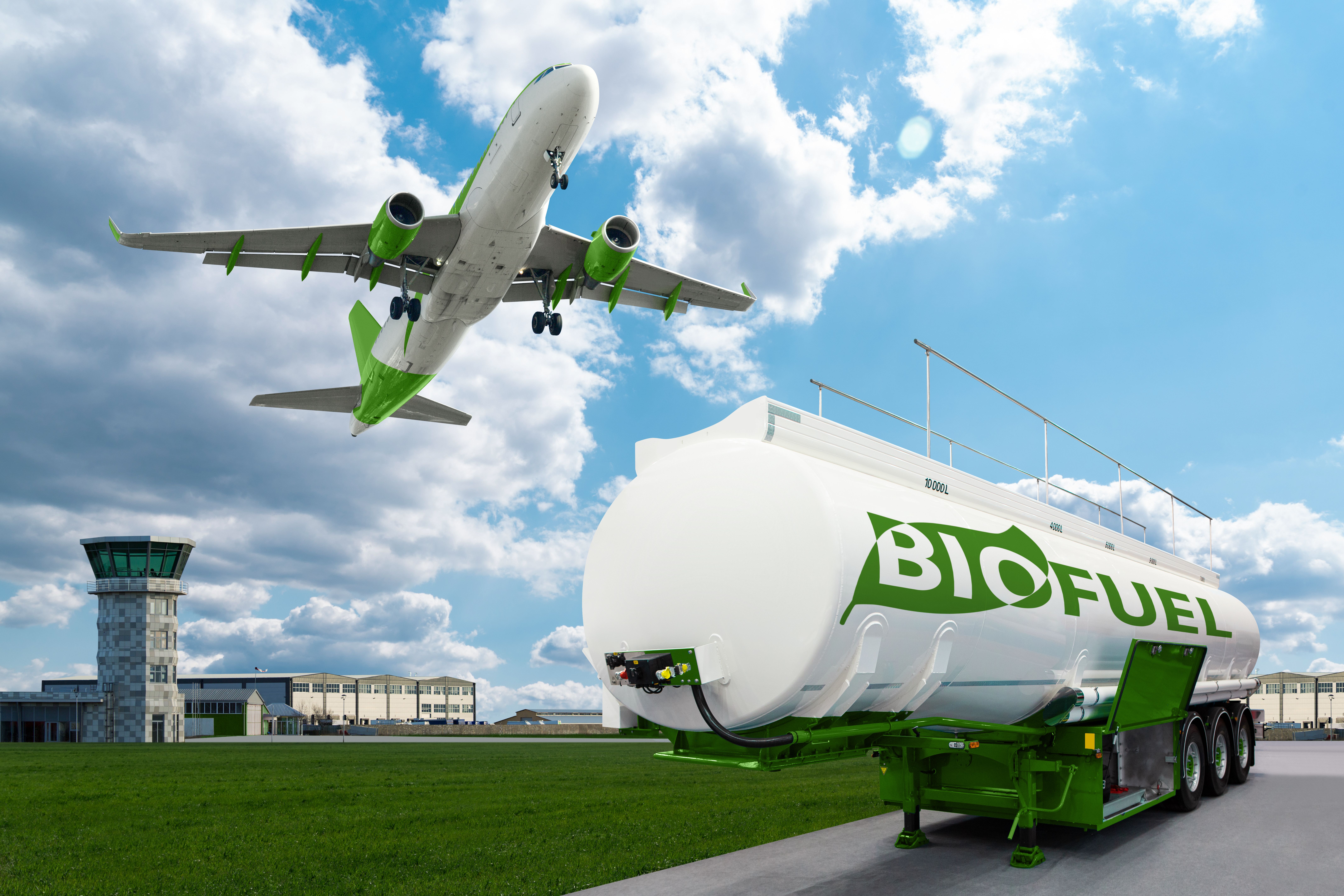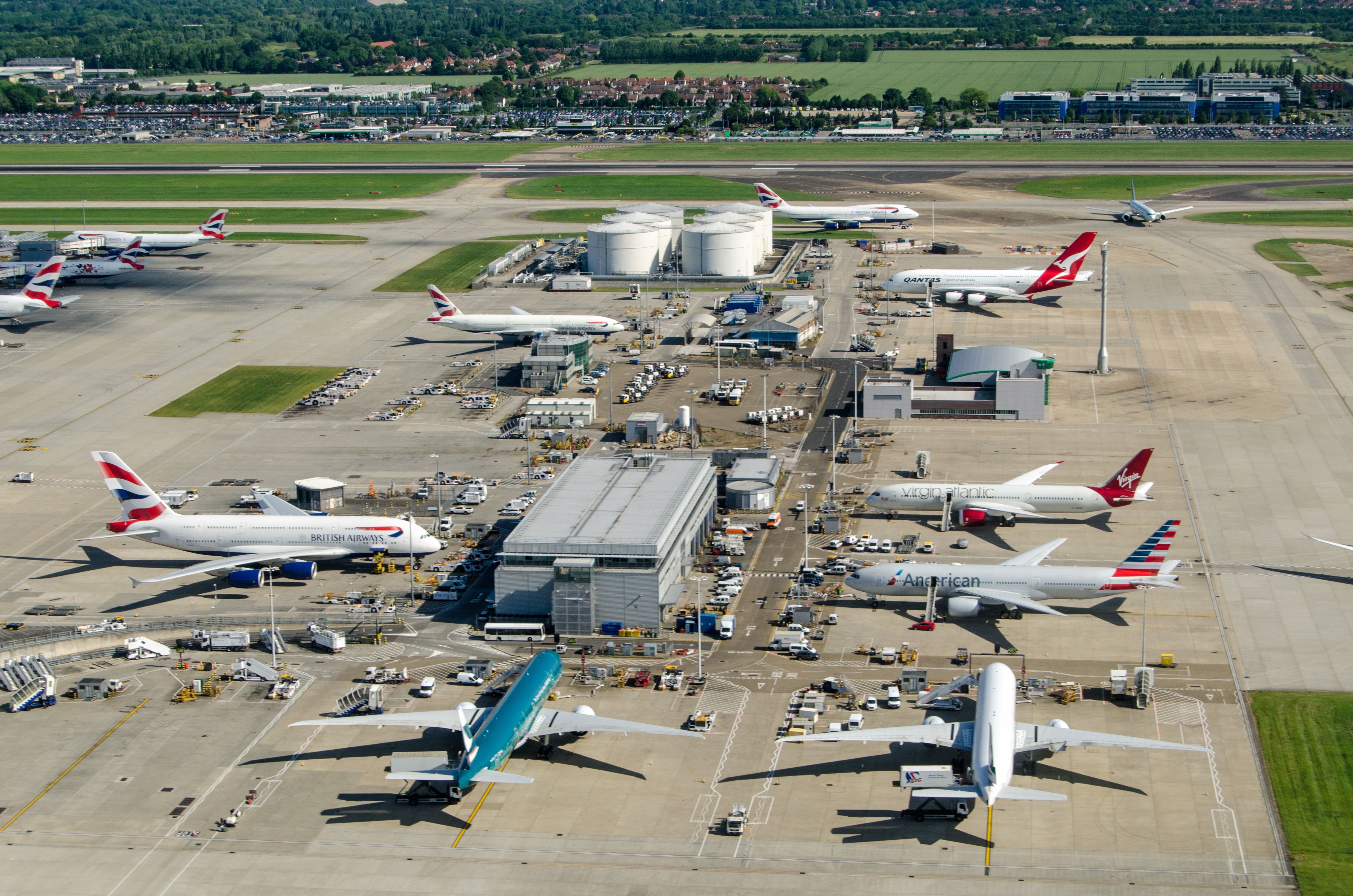Summary
- The UK’s Department for Transport is investing £53 million in the sustainable aviation fuel (SAF) industry.
- The funds will support nine projects that aim to convert waste materials into sustainable fuels.
- The investment will help the UK produce up to 810,000 tonnes of SAF, with projects including the conversion of sawmill waste and the use of Power-to-Liquid technology.
The United Kingdom’s Department for Transport (DfT) has announced that it would invest a total of £53 million ($65.6 million) in the country’s sustainable aviation fuel (SAF) industry. The governmental department estimated that the investment will help airlines save up to 2.7 million tonnes (2.9 million tons) of annual carbon emissions. Furthermore, the DfT added that its Advanced Fuels Fund (AFF) projects could “create tens of thousands of jobs and grow the economy.”
Photo: Wirestock Creators | Shutterstock
Investing in nine SAF projects
“From utilising forest waste to transforming power to liquid fuel, nine pioneering projects helping to create a brighter, cleaner future” have been given various sums of investments in the latest round of DfT’s AFF awards.
The total pot for the fund is £135 million ($154.7 million), designed to help companies convert waste materials and production by-products, including cooking oil or industrial gases, into fuels. According to the DfT, “It can also help achieve greenhouse gas emissions savings of more than 70% compared to conventional fossil jet fuel.”
Notably, the European Union Aviation Safety Agency (EASA) said that the Lifecycle Analysis (LCA) of a fuel is complex and includes many variables, which will have a considerable impact on Greenhouse gas (GHG) emissions. “Work is ongoing to approve GHG emissions reductions for Power-to-Liquid fuels, but with a fully decarbonised supply chain, emission reductions of up to 100% can be achieved compared to a fossil fuel reference,” EASA added. Meanwhile, the International Air Transport Association (IATA) defined SAF as “a liquid fuel currently used in commercial aviation which reduces CO2 emissions by up to 80%.”
Photo: Scharfsinn | Shutterstock
Producing more SAF
Overall, the newest grants would help the UK to produce up to 810,000 tonnes (892,872 tons) of SAF “soon.” The DfT detailed that the latest round’s projects include a plant converting sawmill and forestry waste and a factory using Power-to-Liquid to convert CO2 and green hydrogen into fuel for aircraft. “Together, both projects could create over 70,000 tonnes of SAF a year,” the DfT added.
Tim Alderslade, the Chief Executive Officer (CEO) of Airlines UK, noted that the UK developing a SAF industry within this decade is “a must if we are to drive down emissions from aviation, meet our 10% SAF mandate and reduce costs for consumers.”
“The pieces of the puzzle are coming together but more work is needed, in particular, to deliver the initial plants under construction by 2025, whilst keeping overall transition costs as low as possible for passengers, so air travel can continue to be enjoyed by all in the decades to come.”
Photo: BasPhoto | Shutterstock
Similar to the EU, the UK will have an SAF mandate, requiring 10% of jet fuel to come from sustainable feedstocks. The DfT added that this announcement is a “milestone marker ahead of the world’s first transatlantic flight using 100% SAF” on November 28, 2023. Virgin Atlantic is scheduled to fly between London Heathrow Airport (LHR) and New York John F. Kennedy International Airport (JFK) with a Boeing 787, fueling the aircraft with 100% SAF.




